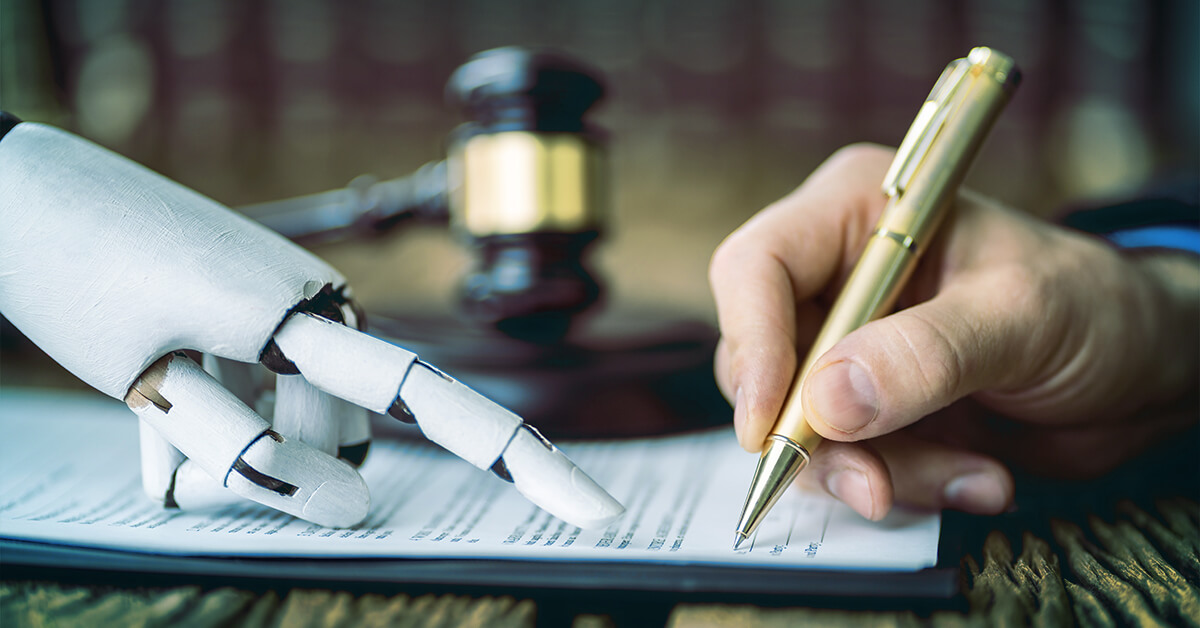From Buzzword to Breakthrough: Why AI is the Real Deal in Litigation
February 22, 2024
discovery litigation artificial intelligence
Buzzwords come and go in the legal industry. Remember Y2K? Blockchain? GDPR?
You can’t open a legal website or publication today without two capital letters repeatedly staring back at you: AI. Usually, a topic’s trendiness is enough to deter me from writing about it because, often, the most hyped innovations are passing fads. But here’s my opinion about AI: the hype is justified. It is key to streamlining litigation in ways we have never seen before.
From the perspective of an innovative litigator (not an oxymoron, I assure you), the AI chorus is music to my ears. But while the buzz around AI in the legal sector has reached a crescendo, its practical, effective application remains a challenge for many. People often fall into three distinct camps:
(1) the naysayers who fear AI or see it as a profit-killer (thank you, billable hour);
(2) early adopters who have welcomed it; and
(3) the vast majority – those interested in its potential but overwhelmed and unsure where to start.
Our mission is to help those in the third camp move to a ‘lawyers + AI’ model to revolutionise how litigation is handled. We do so by combining our expertise with technology from partners like Casetext (now owned by Thomson Reuters), Cloud Court and others. Here’s how:
Train the AI with Your Data
Ever consider how you are harnessing your historical data? We joined forces with Casetext to train its AI tool to analyse our clients’ previous written discovery responses so the tool would learn which objections are most appropriate and generate initial responses to new discovery requests for our lawyers’ review. The time savings have been substantial. But let’s be clear: the AI tool enhances but does not eliminate the lawyer work, and it is not a substitute for the judgment and critical thinking we constantly exercise.
Harness Massive Amounts of Testimony for Immediate Use
Our collaboration with Cloud Court and their tool, Gibson, has transformed how we use deposition transcripts. Gibson allows us to see across hundreds of deposition transcripts at once, rather than reviewing testimony as it was done in the ‘olden days’ (okay, last year) when every search of a transcript had to be done manually, one at a time, using only exact keyword searches. Gibson allows users to visualise and review testimony in an unprecedented way, making it a game changer for evidentiary motions, trial impeachment, and witness preparation.
The Future of Legal Practice – Where Expertise Meets AI
Our day-to-day use of AI tools has shown that the combination of legal expertise + AI drives superior results. The use cases above are just two examples of how lawyer-driven, AI-enhanced work can materially redefine how litigation is handled — smarter, faster, and more cost-effectively. I am confident that this is not just a passing trend and that the AI buzzword is here to stay. Personally, I’m ‘okAI’ with that.
Nicole Nehama Auerbach, Vice President, Elevate, will speak at Legal AI Pathfinder’s Assembly, Chicago, on March 7. Find out more here.
Back to Expertise


